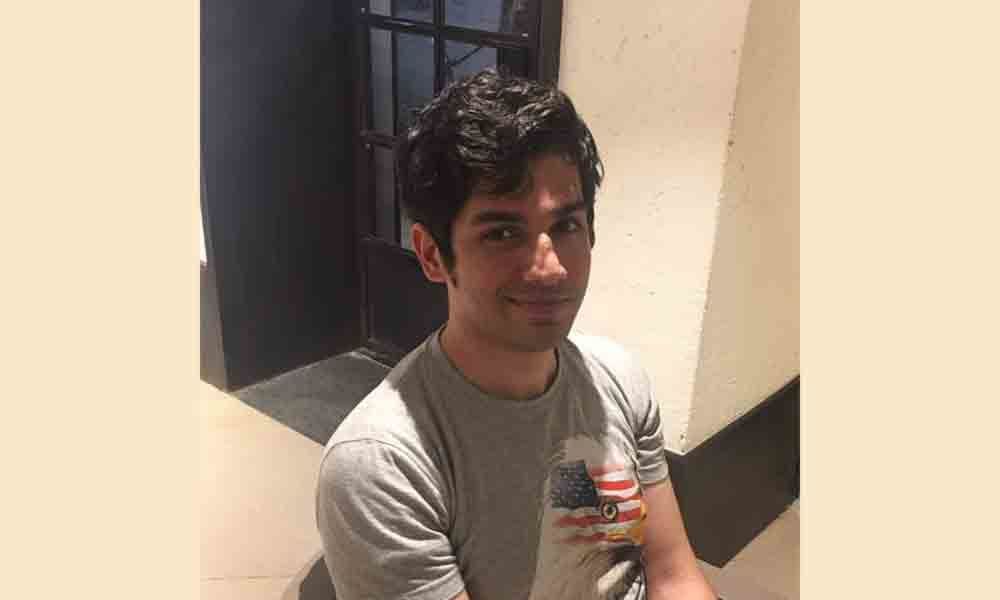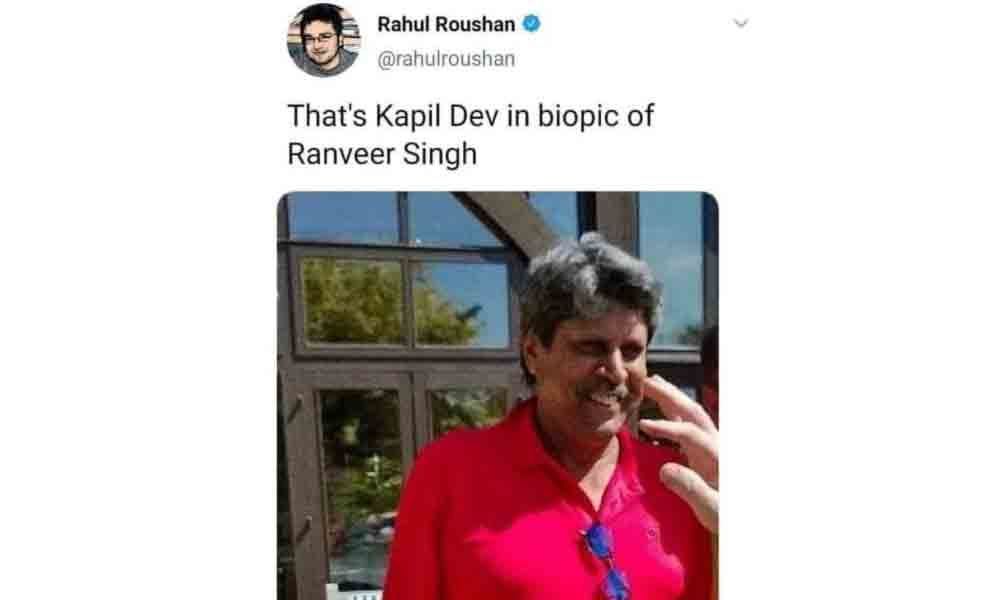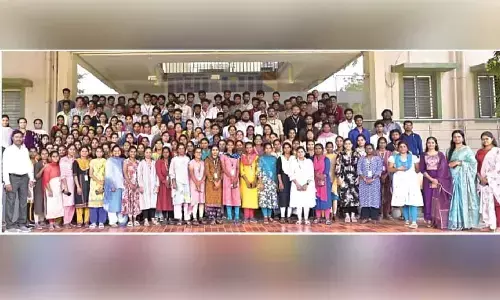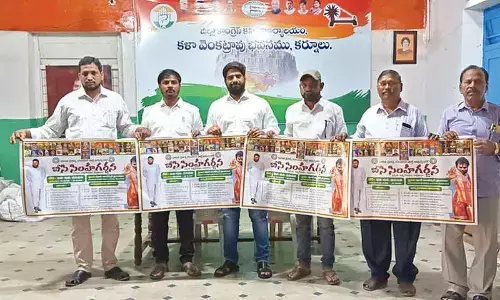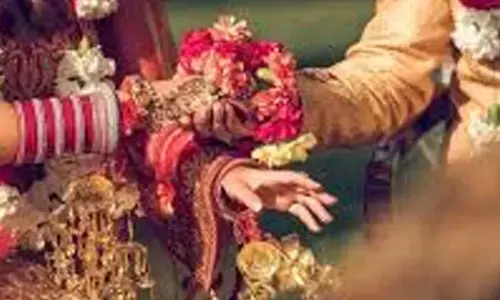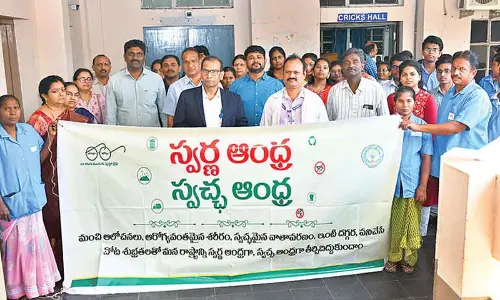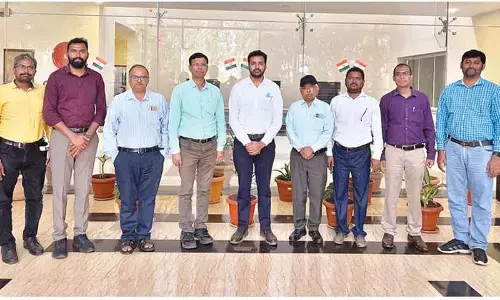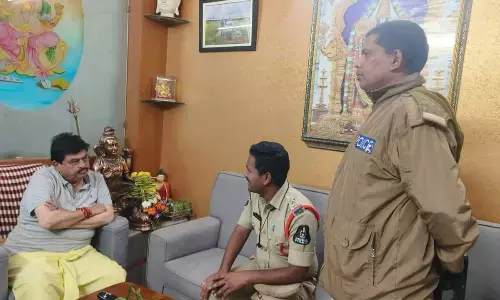Meme Mantra!
Transcending the boundaries of entertainment, memes have gone from being a broken soul’s laughter medicine to being a vast majority’s news source. In a society with an ever-increasing emphasis on social media presence, memes are the talk of the town...
They are everywhere! They're in our classes. They're in our offices. They're on our walls and they are in our bed too. No, we aren't talking about nuclear-active cockroaches although that isn't far-fetched considering recent reports that claimed, 'cockroaches are now immune to insect sprays.' This story isn't about them. This story is about my source of the cockroach news - memes!
If you have no idea how to pronounce it, don't worry, we got you. One thing about memes that people often don't know is the right way to pronounce it. No, it's not pronounced 'may-may'. No, it isn't 'mee-mee' either. The right pronunciation of the word is 'meem'. Now that we know how to say this four-letter word that changed how we look at everything, it's important to know where it came from.
A meme is an internet template that can be paired with literally anything to make it funny. The term 'meme' (I hope you pronounced it right in your head), was coined by Richard Dawkins in 1976 and it was later brought to the internet by Mike Godwin in 1993. Who are they? I'm not really sure, but it is okay because memes aren't the same either. Memes were originally made to pass on cultural behaviours as light-hearted viewing. However, memes in their current form started way back in 2004 when an advertisement with a banana dancing went viral. Most of us wouldn't know because back in 2004, images took an eternity to load thanks to BSNL's dial-up internet.
However, since then, they've been growing each year, so much so that now they are a part of a lot of people's everyday lives. There are over a million meme pages and there's an entire website called 9GAG that is solely dedicated to the creation and sharing of memes. And guess what? No one owns memes. It's all public property. In fact, terms like 'meme dealer' or 'meme connoisseur' in your bio can help you get matches on Tinder (they helped me for sure).
Barring the Tinder aspect, Achyut says he spends a decent amount of time on memes every day. "I spend quite some time browsing memes. Facebook and Instagram are full of memes these days anyway. Or at least my feed is since the pages I like/follow are along those lines,'' says Achyut Gupta, a meme aficionado.
Although originally coined to pass around cultural behaviours, memes are now made on almost anything. In the meme business where 'likes' are the currency, everything from Priyanka Chopra's red-carpet dress to Hardik Pandya's 'Main karke aaya' remarks are fodder for this people-run meme machine.
So many memes are based on current affairs that a lot of people these days get to know their news through memes. It wasn't like they were looking for it. They found a meme, didn't understand the context, googled it and found out some major news story had broken out. "This has happened so many times. Page 3 and sports reports are things that I don't read but I get to know about most things on that front through memes. Not just that, there have been occasions when I got to know even international politics and business-related news via memes. And this despite being a vicarious follower of those news categories since MBA days," says Achyut, whose testimony only goes to show how accurate memes are with the news.
In fact, memes have transcended the boundaries of news too. Pages like 'Hyderabad Traffic Police', 'Bengaluru City Police', etc. constantly use memes to hammer social points into the youth. From not driving on the wrong side to not consuming drugs; these light-hearted, template-based joke-kind-of-things are not only informing society but also making it a better place to live in.
Moreover, the 2019 general election was fought on the digital front too by every political party and memes were everyone's favourite weapons. The world now has become a surreal place where political parties and company accounts that generally just posted boring things are trying to be 'dank' and get their quirky side out through memes.
If you still fail to see the magnitude of memes, here's something you should know. There's an entire channel dedicated to the history of memes. No, not on television! The YouTube channel 'Memeology101' claims to have the origin story of each and every meme template that has ever existed. Every video has millions of views, and the person running the channel makes money doing this. The fact that someone can make money talking about memes (and not making them) goes to show how far this trend has come. Although there's one worrying part.
There was a time when all of the above-stated things happened via SMS forwards. Be it jokes, passing of information, satire or just something that's meant to inspire you, SMS forwards were the way to go. However, the only thing we use the SMS option, for now, is bank OTPs and the list pretty much ends with that. Elder relatives who send SMS forwards now aren't cool anymore. Will this 'meme revolution' of sorts have the same fate? Experts don't think so!
"I don't think they will go away! Because memes evolve and can take any direction. You have simple memes for newbies. Dark memes for people with that kind of humour. Crass memes with their own audience. Something that evolves and adapts to its target audience never loses market relevance. Business 101," Achyut said.
Radio Jockey Prathyusha Parakala, who is part of a meme group on WhatsApp (yes, such things do exist), instils similar beliefs. "Memes are here to stay. The world has become way too serious and humour is lacking. Memes do the job of lightening the mood. They tell the truth with a hint of humour and loads of sarcasm. That's something we could all use," she says.
To round it all up I would like to say,
Nobody:
Not even a single person:
Journalists: ending stories saying, 'to round it all up'.
If that paragraph confuses you, pick up your phone, go to the nearest social media app and get yourself some context!




